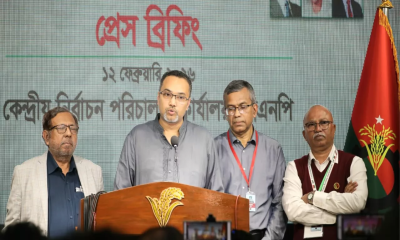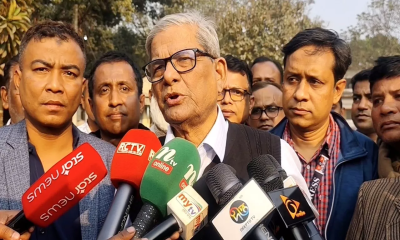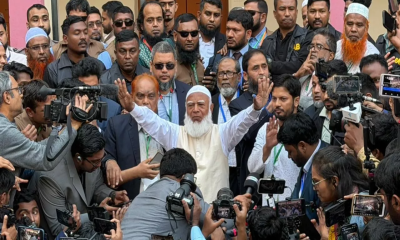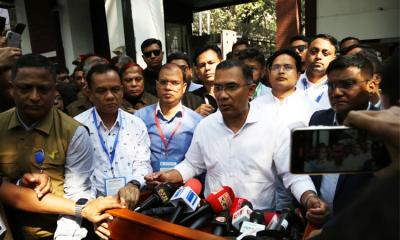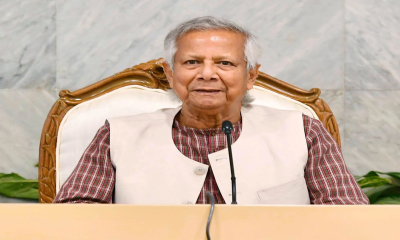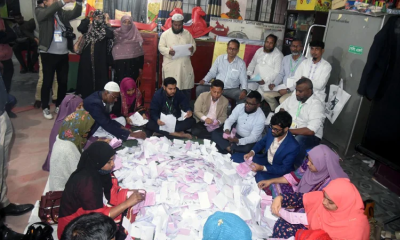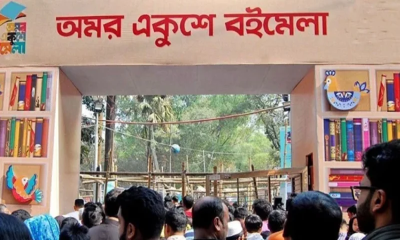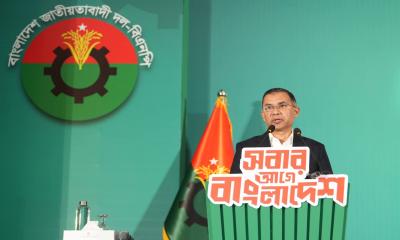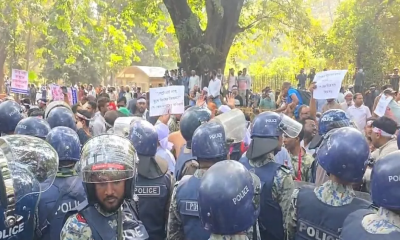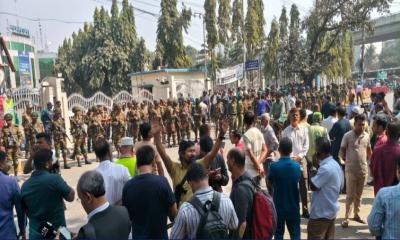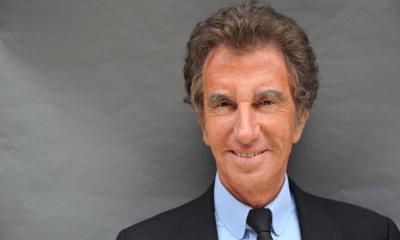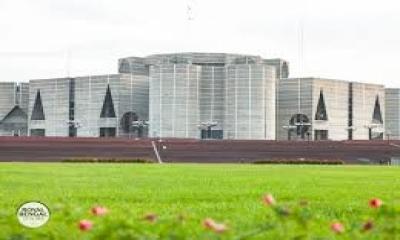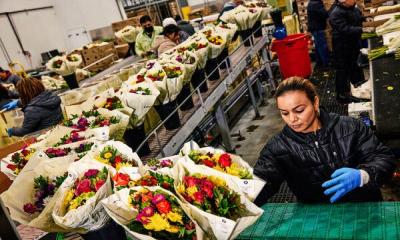At the verge of monsoon, a dengue outbreak spread widely. But this year the situation has deteriorated even before the rainy season, and according to the Saturday’s record of 11 patients, all of them inhabitants of Dhaka had been admitted to the hospital bringing the total number of dengue patients this year to 1,684, with 22 fatalities reported.
Comparatively, this year`s figures show a stark increase, nearly doubling the number of infections and deaths recorded during the same period last year.
Experts, including entomologists, public health specialists, and doctors, warn that the situation may worsen, especially considering the high infection rates outside Dhaka and the persistence of last year`s dengue outbreak.
The surge in dengue outbreaks is attributed to rising temperatures and altered rainfall patterns, facilitating the rapid proliferation of the dengue virus within mosquitoes. Moreover, changes in the monsoon cycle are exacerbating mosquito breeding grounds.
Experts caution that without prompt intervention, the dengue situation could escalate further this year. They stress the need for robust, long-term government initiatives to combat the disease effectively.
Short-term campaigns alone are insufficient to control dengue outbreaks, emphasize experts. They advocate for the development and implementation of comprehensive five to ten-year master plans for dengue prevention and control, ensuring sustained efforts throughout the year.
Touhid Uddin Ahmed, former chief scientific officer at the Institute of Epidemiology, Disease Control and Research (IEDCR), highlights the need for continuous mosquito surveillance and regular assessment of the efficacy of treatment measures to curb the spread of the disease.
Professor Saiful Islam, director of BUET`s Institute of Flood and Water Management, underscores the correlation between rising temperatures, rainfall patterns, and the surge in Aedes-borne dengue cases in Bangladesh, emphasizing the necessity for further research on the subject.




-20260106082251.webp)
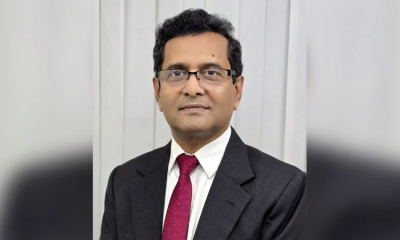
-20251231101531.webp)






